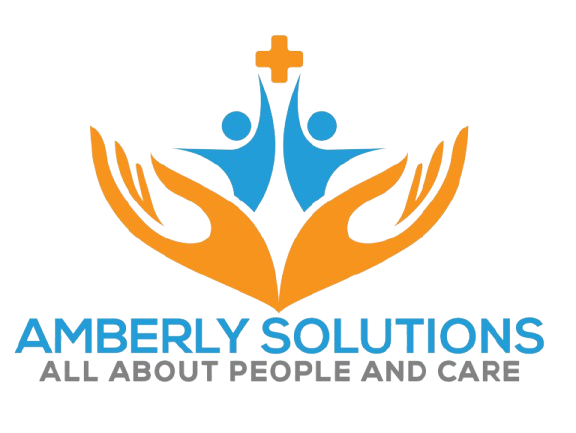This advanced course is designed for family carers who have some experience in providing care and want to develop a deeper understanding of complex care needs. It builds on the foundational course, ‘Caring for a Loved One at Home’, and helps carers gain confidence in managing more advanced responsibilities with dignity, safety, and compassion.
Who This Course is For
– Family carers with prior experience
– Those supporting individuals with complex or progressive conditions
– Anyone wishing to enhance practical and emotional caregiving skills
What You Will Learn
– How to support individuals with dementia, autism, stroke recovery, and long-term conditions
– Safe manual handling techniques to protect both the carer and the person being supported
– Strategies for managing behaviours that challenge and emotional distress
– Best practices for assisting with medication and promoting good nutrition
– Planning for emergencies and understanding end-of-life care with compassion
Course Modules
Module 1: Understanding Complex Needs
Module 2: Safe Manual Handling Techniques
Module 3: Managing Behaviours and Emotional Distress
Module 4: Advanced Medication and Nutrition Support
Module 5: Emergency Preparedness and End-of-Life Care
Format and Access
This course is delivered entirely online and includes:
– Downloadable workbooks and resources
– Visual slide presentations
– Printable certificates of completion
– Lifetime access to all course materials
Curriculum
- 5 Sections
- 5 Lessons
- Lifetime
- Module 1Welcome to Module 1 of 'Caring with Confidence: Advanced Skills for Experienced Family Carers'. In this module, we explore how to support individuals with more complex conditions such as dementia, autism, stroke recovery, and other long-term health needs. Understanding the unique characteristics of these conditions is key to providing safe, effective, and compassionate care.1
- Module 2Manual handling is a key part of many carers’ daily responsibilities. Done incorrectly, it can cause injury to both the carer and the person being supported. This module will introduce safe handling techniques that reduce risk and promote comfort and dignity for everyone involved.1
- Module 3In this module, we focus on understanding and managing behaviours that challenge and emotional distress in those we care for. These responses are often rooted in unmet needs, communication difficulties, or frustration. By understanding causes and applying calming techniques, you can make care safer and more respectful.1
- Module 4In this module, we focus on supporting medication routines and promoting good nutrition for those with more complex needs. Family carers often play a vital role in assisting with these areas, and it's important to do so safely, legally, and compassionately.1
- Module 51

